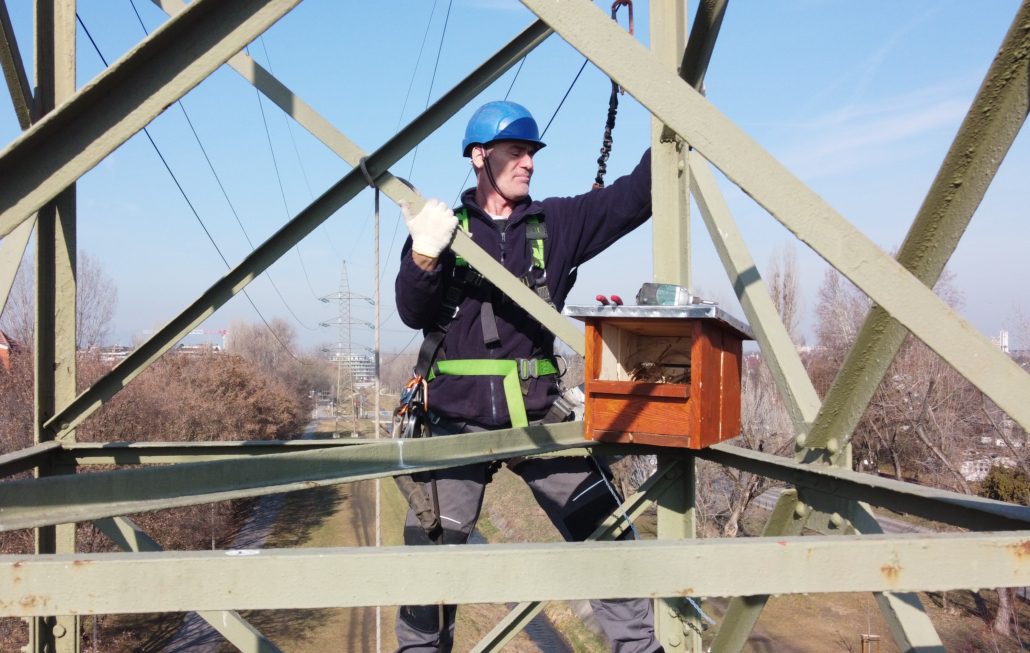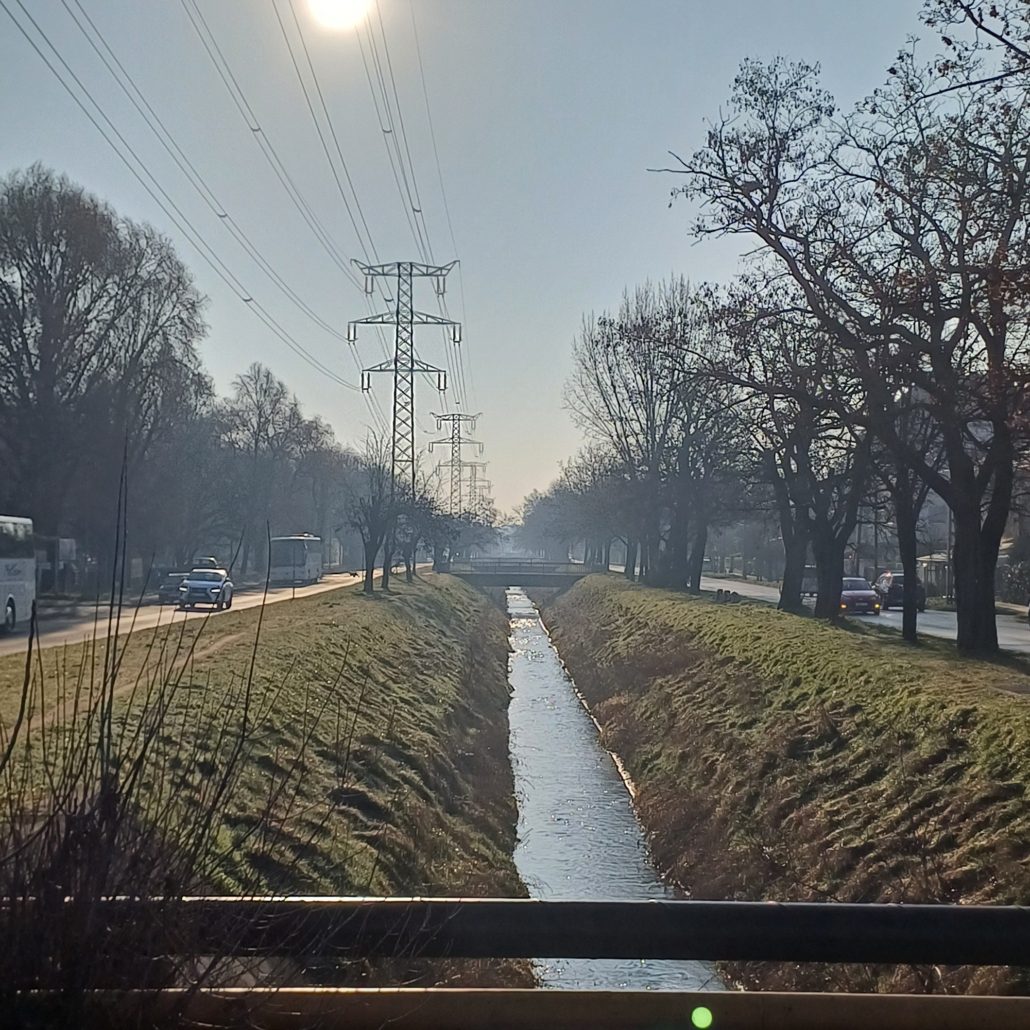CSRD: „Stop-the-clock”
On 3rd April 2025, the European Parliament voted in favour of the European Commission’s “stop-the-clock” proposal to delay the implementation deadlines for key sustainability regulations – the Corporate Sustainability Reporting Directive (CSRD) and the Corporate Sustainability Due Diligence Directive (CSDDD).
What does the proposal contain?
- Large companies with more than 250 employees would start reporting CSRD in 2028 for the financial year 2027, while listed SMEs would start reporting one year later.
- The first group of companies covered by the CSRDD, including EU companies with more than 5,000 employees and a turnover of €1.5 billion, would start applying the rules from 2028, with an additional year for Member States to transpose the rules into national law.
The European Commission has also instructed the European Financial Reporting Advisory Group (EFRAG) to finalise technical advice on the CSRD’s European Sustainability Reporting Standards (ESRS) within seven months. This could allow companies to optionally implement the new standards as early as the 2026 financial year.
The decision was approved by the European Council on 14 April. The proposal requires Member States to transpose the changes into national law by 31 December 2025.
Amendments to the ESG law expected
On 19 March 2025, the Ministry of National Economy submitted a draft law amending the ESG legislation for public consultation. Under the proposed changes, large companies covered by the law will have an additional two years to prepare their first certified ESG report, so that they will have to publish their first public report in 2028.
Another important element is that under the amendment, domestic micro, small and medium-sized enterprises would be fully exempted from all ESG reporting obligations until mid-2027, after which they would only have to complete a significantly shorter questionnaire.
Information on the public consultation has been shared by BCSDH with all its member companies.
More information: EUR-Lex





